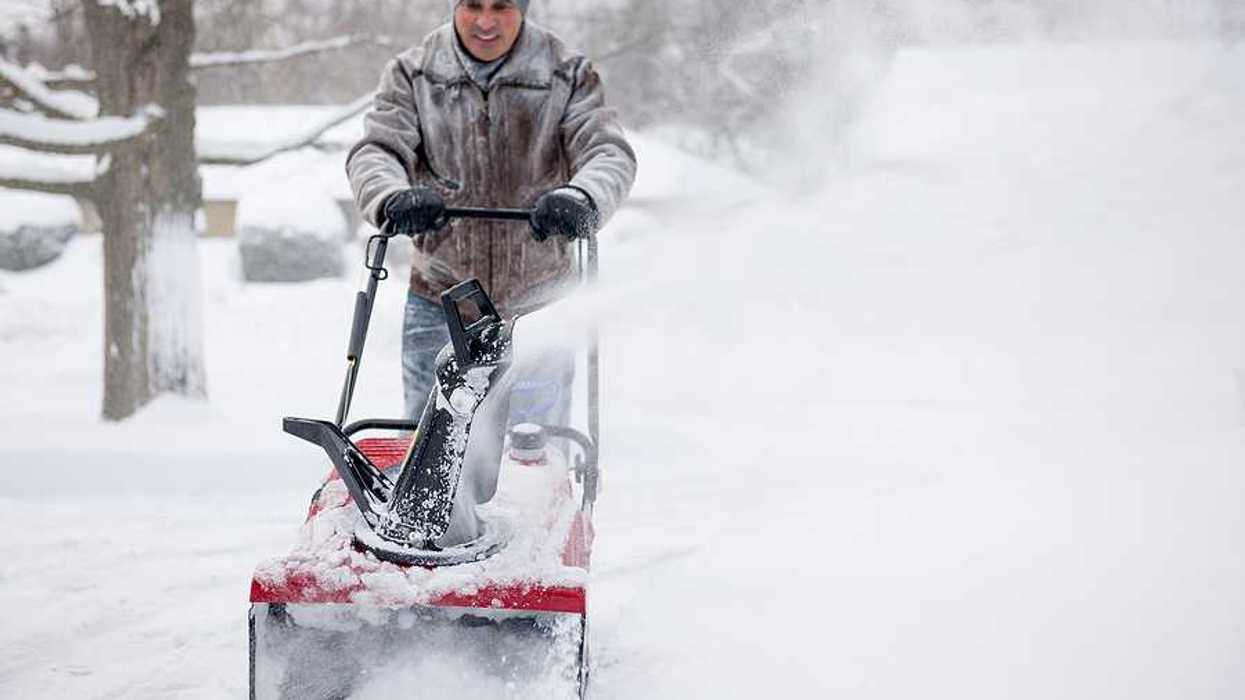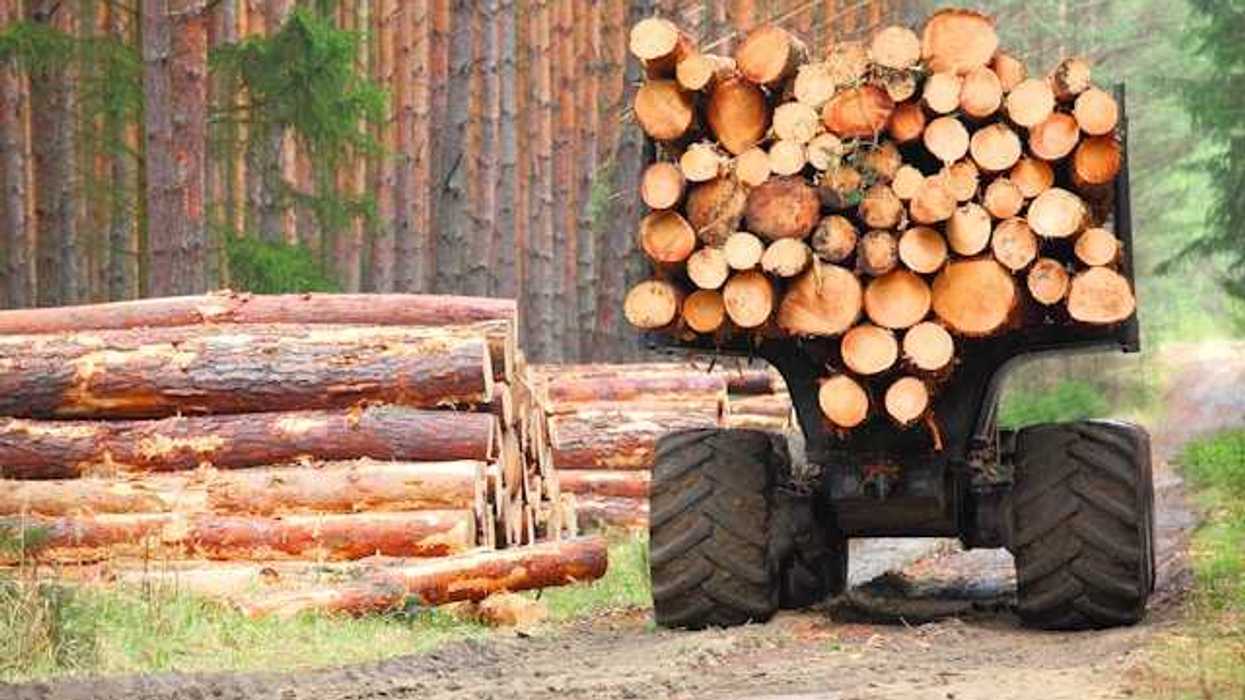As Louisiana plans extensive carbon injection projects to combat climate change, thousands of abandoned oil wells pose potential leakage risks.
Tristan Baurick reports for Verite News.
In short:
- Louisiana leads the nation in planned carbon storage wells, with over 60 currently in the permit process.
- The state has around 186,000 abandoned wells, many improperly sealed, raising concerns about CO2 and contaminated water leaks.
- Some experts advocate for more rigorous well assessments and slower project implementation to ensure safety.
Key quote:
“Basic information is lacking for a large number of abandoned wells, especially those plugged before the modern cementing standards instituted in 1953, and the locations of a number of abandoned wells are likely unknown.”
— Robert Rossi and Dominic DiGiulio, environmental scientists
Why this matters:
Improperly managed carbon storage could lead to environmental harm and negate the benefits of reducing atmospheric CO2. These old wells, many of which have not been properly sealed, could potentially leak, undermining the effectiveness of carbon sequestration efforts and posing a substantial environmental risk. If these wells were to leak, not only could they release stored carbon dioxide back into the atmosphere, but they might also allow other harmful substances to seep into groundwater supplies.














